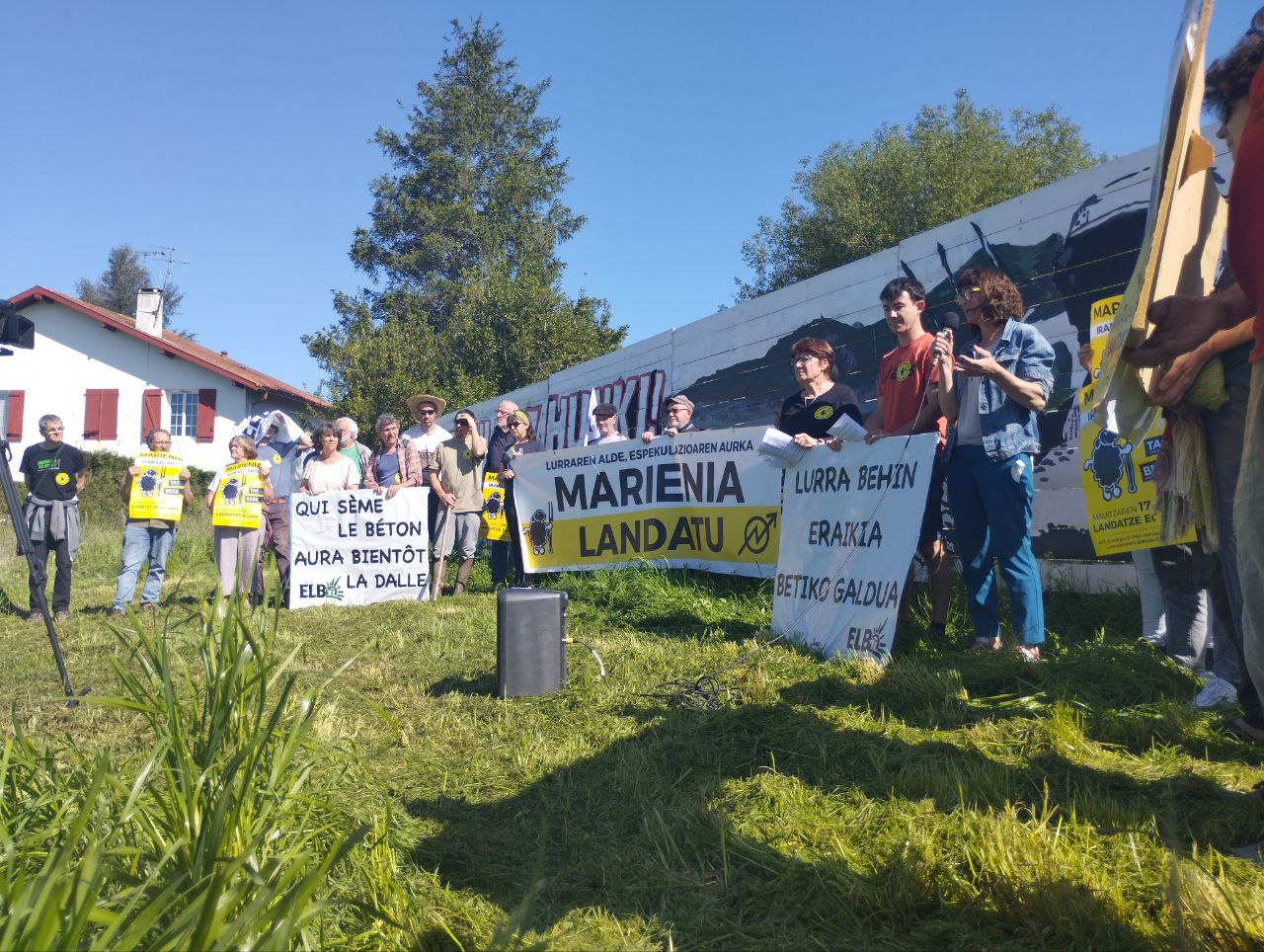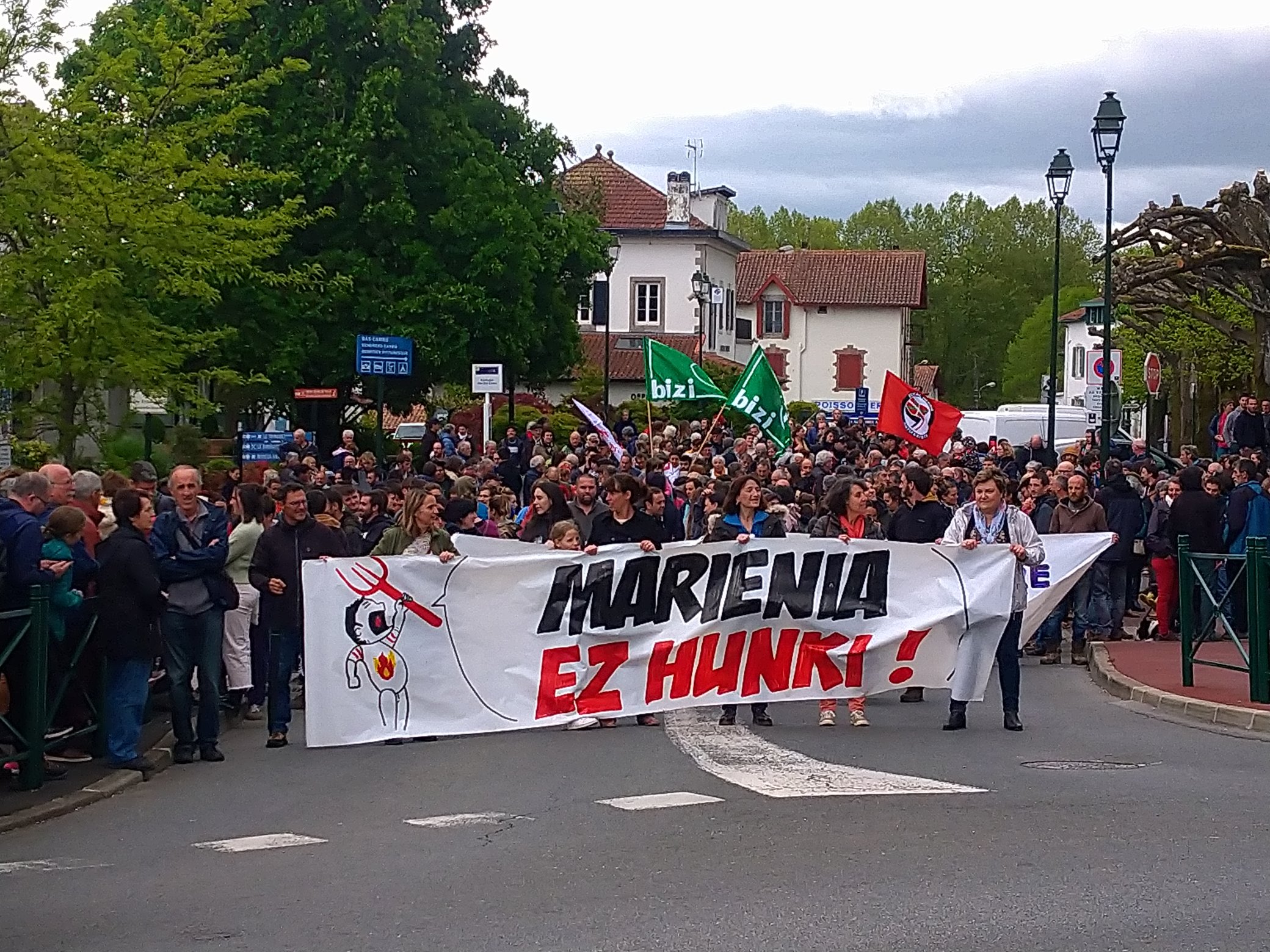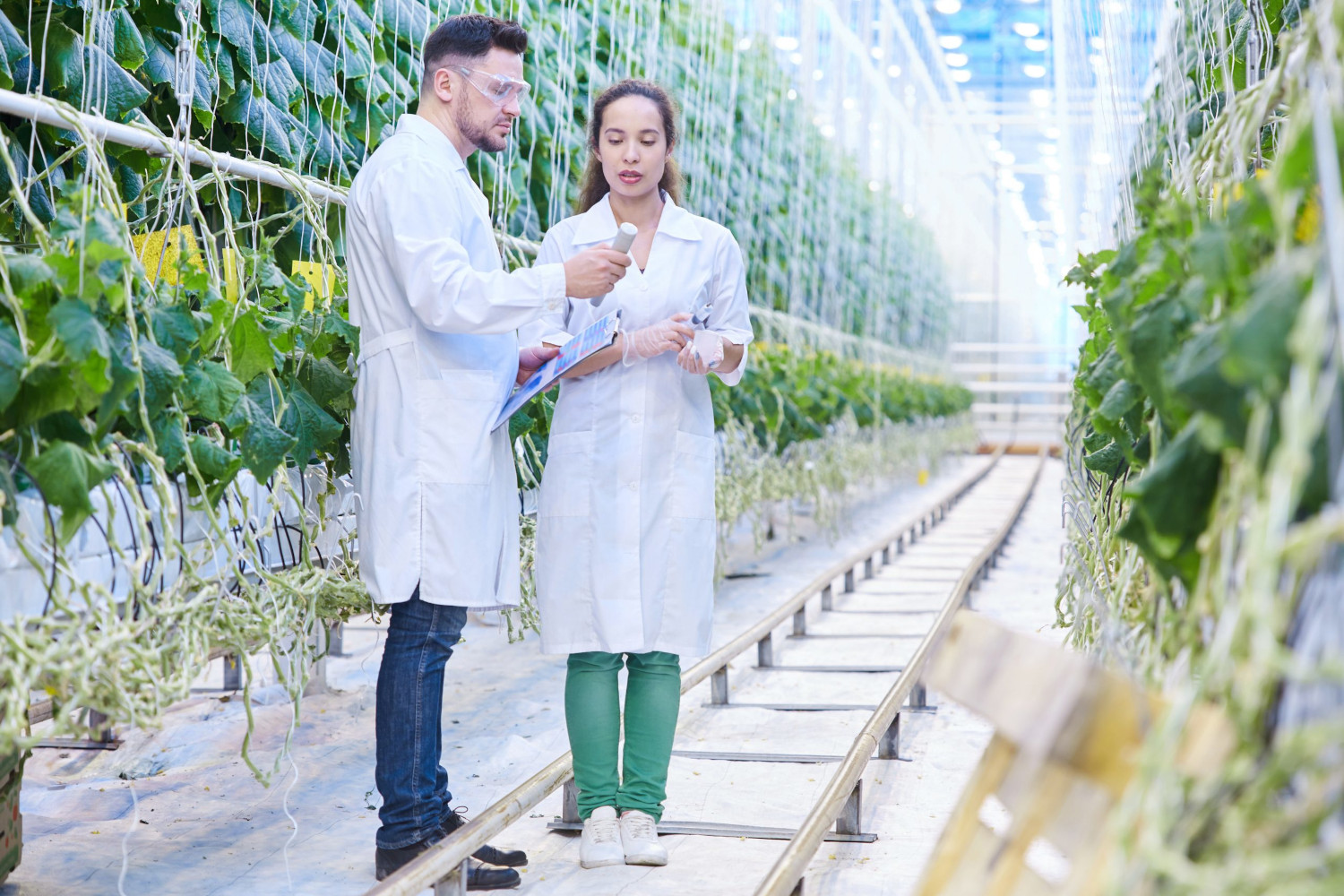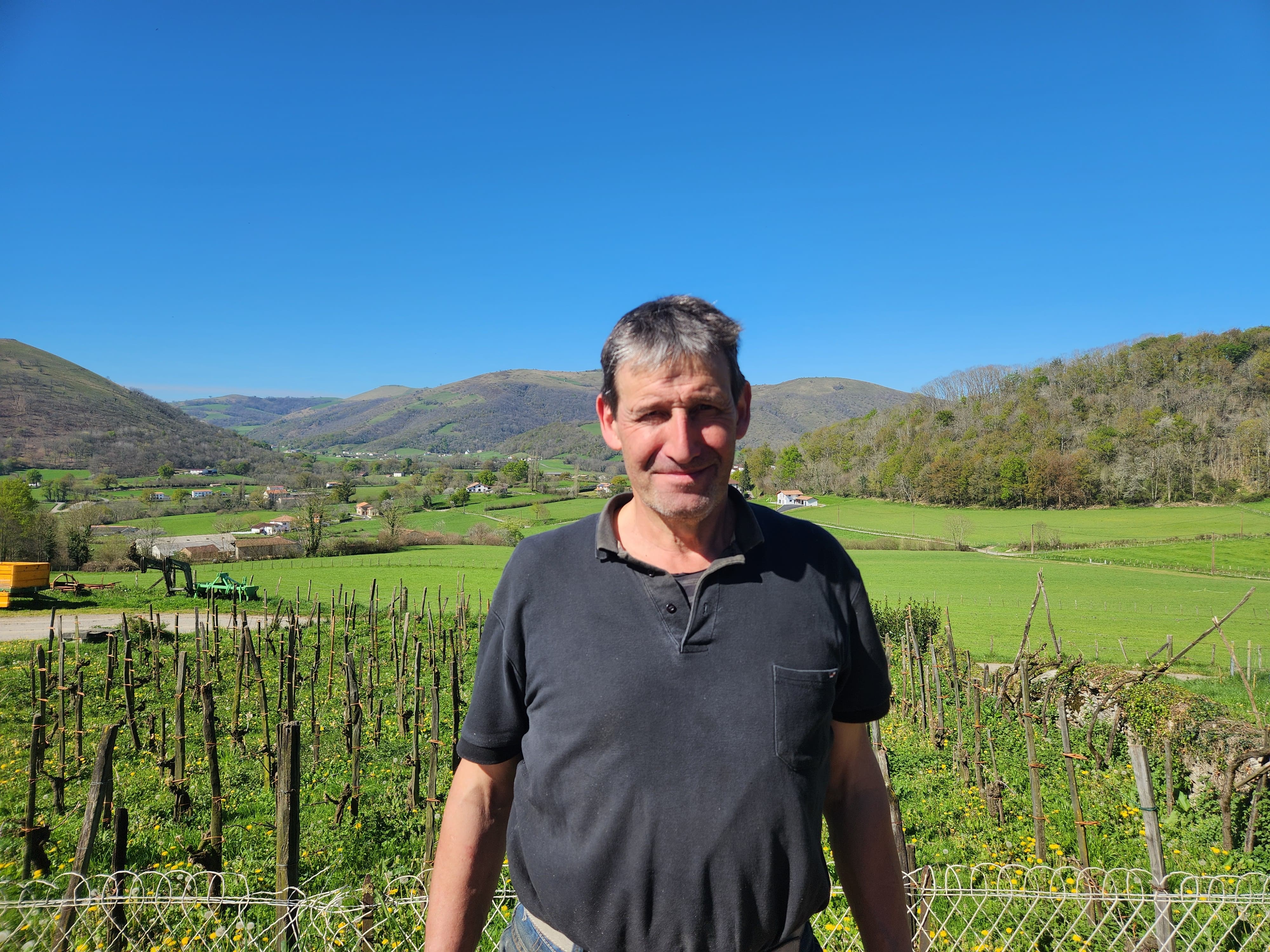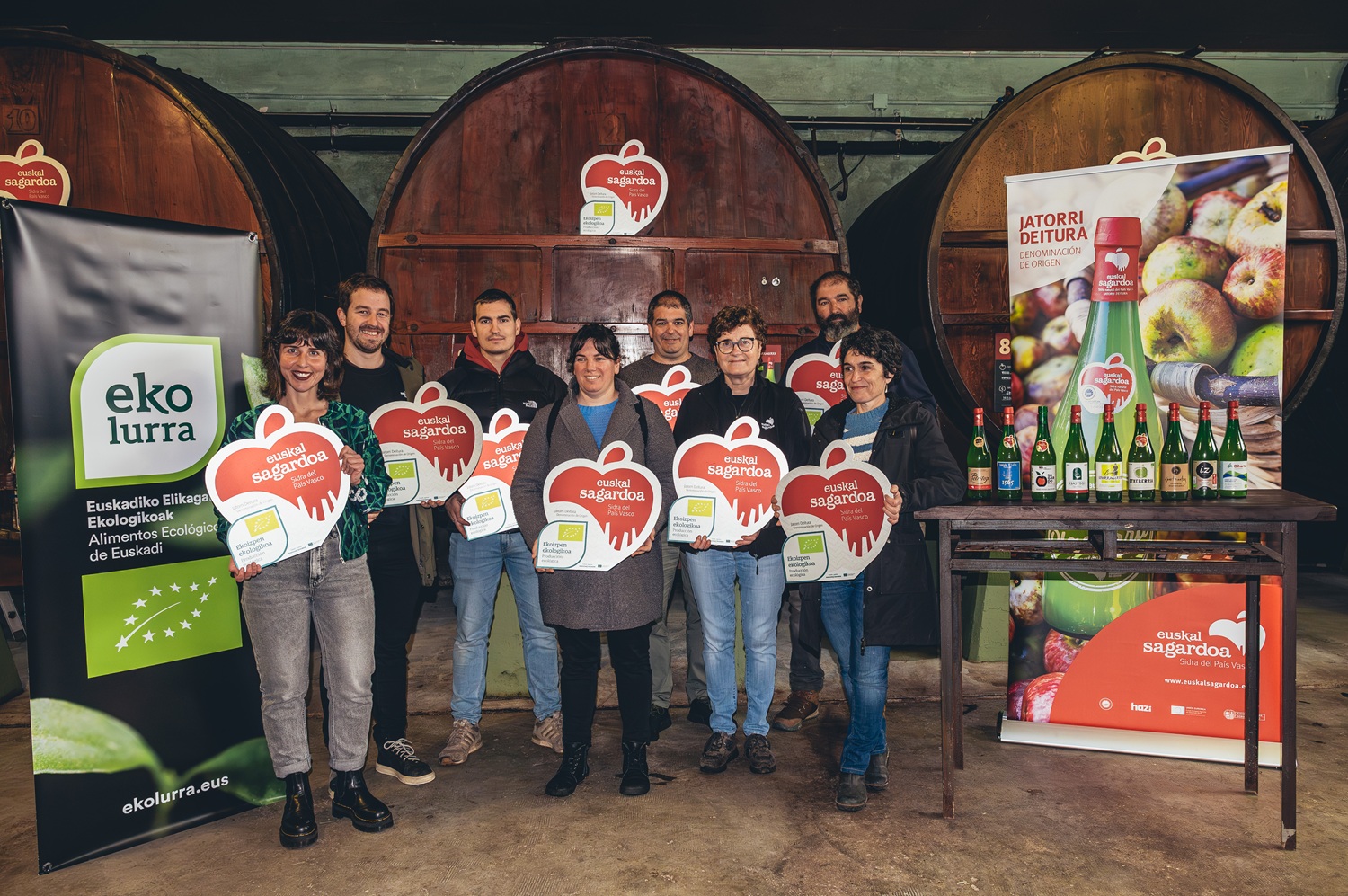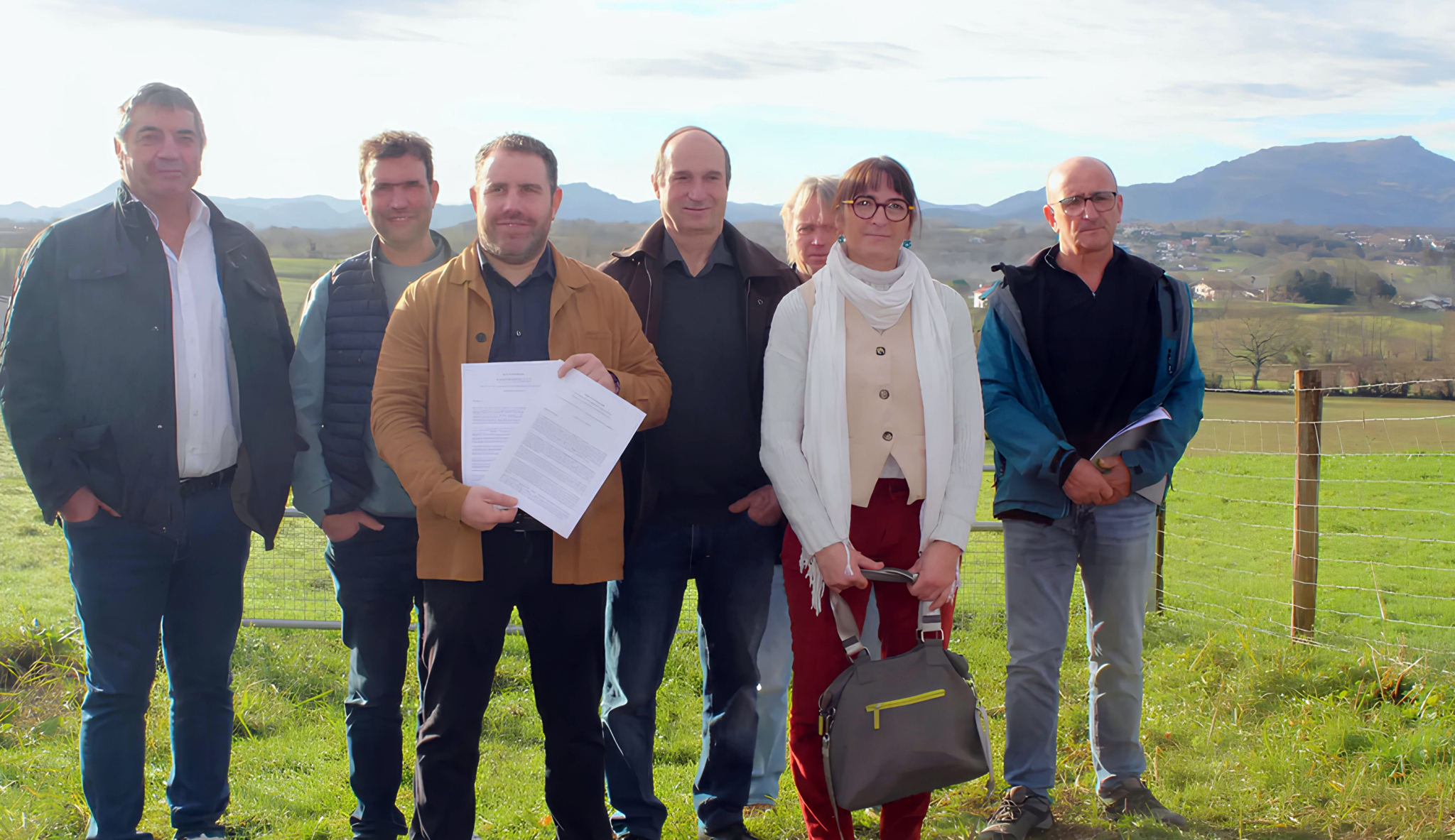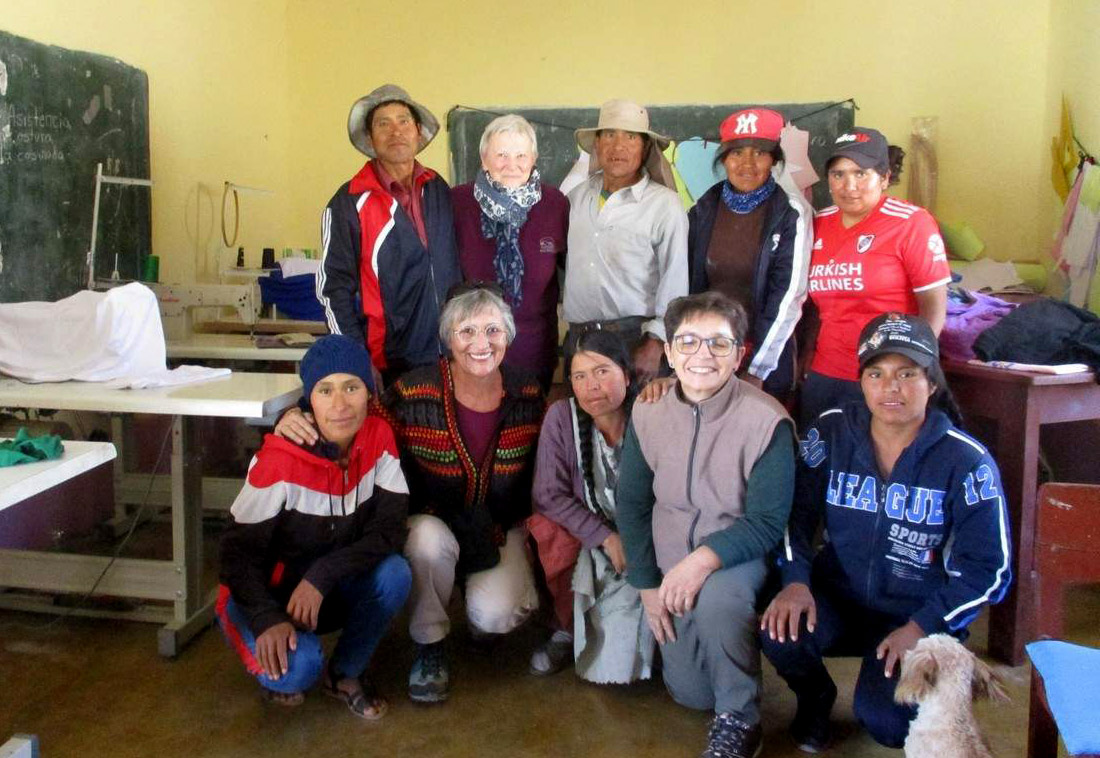Land bled by the suicides of the peasants
- The international free trade agreements and state policies kill thousands of farmers in India every year, driven to suicide, according to many farmers’ associations. They warn that the situation may worsen as the crisis in the sector is heightened and the model established by industrial agriculture is strengthened.
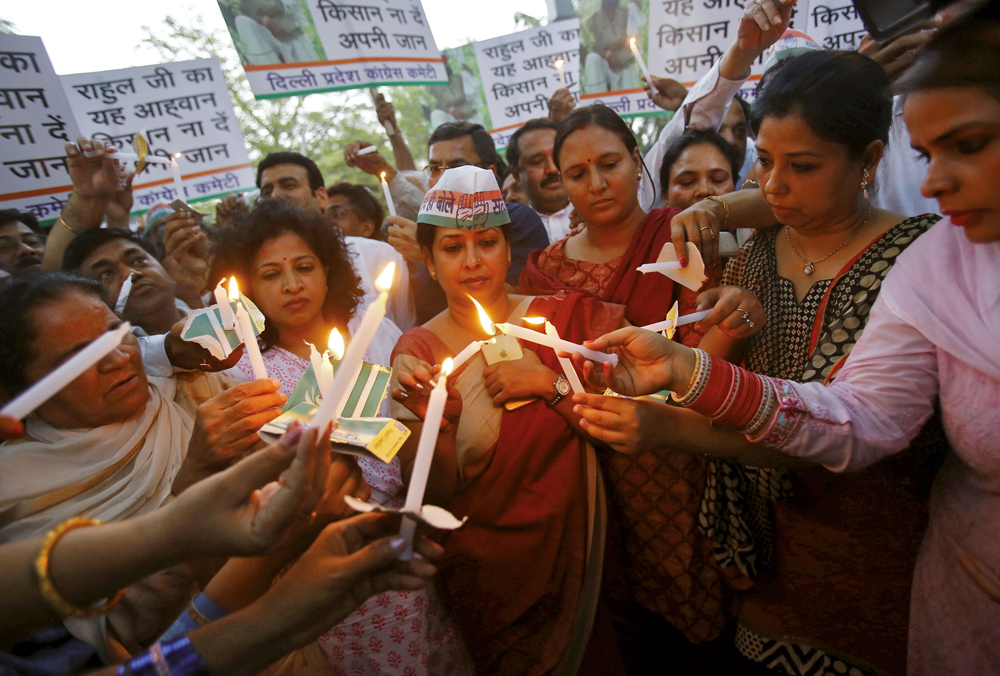
The coordinator of La Vía Campesina organizations in southern India is known as Kannaiyan. In a training session with journalists, silence prevailed when he screamed that “free trade treaties murder peasants.” But in the light of the data, there is no doubt that, in the last decade, 250,000 Indian landlords and peasants have committed suicide (women do not consider themselves farm or unemployed). This year the figures can increase as the agricultural crisis is spreading.
According to farmers, until 1990 India was producing enough to feed all its inhabitants; current policies have destroyed production and have led farmers to permanent debt.
According to farmers' movements, the reasons are complex, but basically internal and international free trade policies are responsible, as suicides are directly related to the crisis, debts and the drop in money sources. In the words of La Vía Campesina, “the Government of India and other public institutions look at the consequences rather than looking at the reasons, concealing their political responsibility.” The government estimates that the 8,000 farmers who committed suicide in 2015 were in a state of depression.
Decrease in income sources
According to La Vía Campesina, the so-called Green Revolution, that is, agro-industrial agriculture, has led families to a situation of extreme need. Technological patents, the disappearance of subsidies, the complexity of rural loans, the privatisation of public markets, external investments… are part of this crisis.
Free trade agreements and other rules of international agreements reduce prices for agricultural products and at the same time states import food, as they do so with very low taxes or without taxes. The farmers of India cannot oppose this.
This year they will again have the same problem, as the government has announced that it will import wheat and potato. The excuse is that in India there has not been enough harvest, but the peasant movements deny: “The problem is that the government has not bought and stored enough food; the International Trade Organization, along with the free trade agreements signed by India (over 80), does not allow it.” According to farmers’ representatives, until 1990 India produced enough food to feed all its inhabitants, “they are now destroying domestic production with dumping policies and forcing peasants to compete with the lowest prices.”
.jpg)
Minimum prices
Farmers believe that the GOI should set minimum prices to protect workers from market disturbances. But most crops do not yet have a minimum price and when they have it is too small, in no case is it fair. This is an old struggle by the movements of La Vía Campesina throughout India, which brings thousands of farmers to the streets every year. According to Yudvir Singh, representative of Bharatiya Kissan Union (BKU), “at the moment there are producers who are losing money with the harvest, who live in very precarious conditions, and there are also producers who waste or throw out the crops.”
The losses in the primary sector are, to a large extent, a consequence of the Green Revolution, as expressed by those affected in a simple way: expenditure increased annually and food prices maintained. Moving from an agriculture that used indigenous resources and hardly needed economic investment to a model that requires large investments every year (seeds, pesticides, fertilizers, fuels…), the benefits have been decreasing.
The appearance of transgenic seeds increased their asphyxia. Transgenic cotton led thousands of farmers to destruction and suicide, and the emergence of transgenic mustard poses the same risk. In Northern India, mustard is a very important crop due to the consumption of mustard oil.
All this has led peasant families to a permanent debt that they cannot afford. And there have been serious situations of depression: debtors go to their homes to ask for money, which in small towns means a loss of public shame and self-esteem.
“There is no chance of winning,” they complain, “when the harvest is large prices fall by market laws and if the harvest is small prices change by import policies and by increased spending.” At the same time, suicide rates have risen.
Poor harvests
The neoliberal system does not affect farmers in one way or another. Industrial cultivation linked to the Green Revolution is one of the drivers of climate change, as according to the NGO Focus on South Global, approximately 50% of CO2 emissions come from the industrial agricultural model, including forest finishing, fertiliser production, pesticide take-off, heavy machinery use and transport.
Natural disasters have multiplied in India by floods, cyclones and, above all, droughts, which are becoming chronic in the long term. The large regions of India have suffered from water shortages in recent years, where the number of suicides is higher than the number of suicides in those areas. But the decisions taken by the GOI do not promote an agricultural model that reduces the greenhouse effect. Nor has it taken measures to mitigate the effects of this effect.
In this crisis women become invisible, statistics and Indian society do not consider them peasant, although they are responsible for animals and many crops. Women do not suffer from the agrarian crisis, despite multiplying care in situations of scarcity, hunger, disease... Women are solely responsible for surveillance in rural India. Their lives are invisible and even more invisible to their deaths: there's no data on women's suicide rates. This is more general data, which is sometimes tried to show up as a case of gender violence.
Drinking pesticides, hanging and immolating along with the harvest are some of the kinds of suicides used massively.
Rural exile
Drinking pesticides, hanging in the place where the harvest is kept and blowing up with the harvest are some of the kinds of suicides that are used massively. But there is another quieter “death”, as La Vía Campesina denounces: migrating to cities. With this, food production is lost, such as cultures, relations between neighbors, the community...
This exile creates other problems in the places of reception: cities with too much population, high rates of unemployment, lack of clean water, energy, or cleaning… “But it seems that it is profitable for the system, because it continues to drive”, says La Vía Campesina. In India, as in any other country, migration is a complex phenomenon of multiple causes, but in this case, at least it can be said that the industrialization policy promoted by the government of Narendra Modi is directly related. Modi is expropriating land and firing farmers to build industries and housing, which has increased migration. Chukki Nanjundaswamy, coordinator of the agro-ecological school Amrita Bhommi, says that the countryside is being emptied in the Karnataka region and that young people have stopped believing in agriculture.
However, India remains a farmer ' s country. 65 per cent of the population live in rural areas and are wholly or partly farmers. But at the time of independence they were 80 percent; the downward trend is clear.
Economy without money
The situation was delicate, but the decision of the Government of November has made farmers even more in a more critical situation. On the pretext of putting an end to black money, the government withdrew most of the old banknotes from the market and printed the new ones, but in a much smaller amount, as the aim is to create an electronic transaction economy. This is a process that the small economy has put its head on.
Many farmers do not know how to write or read, do not have a computer or internet, often do not have a bank account… It is hard to imagine what the route will be like. The first consequences were immediate: the lack of money on the street, the majority of banks and ATMs closed, endless queues to get 2,000 rupees allowed a day, some fifteen euros. Dramatic images of cities appeared in the media, but in the countryside the problem was more serious, as most cooperative popular banks lacked money. This situation continued during the months of November and December.

November is harvest time, in that month the families get the money for the year and to buy what they need for the next planting. They need physical money on their hands. But it didn't exist, and if someone had it, they weren't willing to spend it. Most of the small shops remained closed for several weeks. They had to lower food prices, almost give them away, because nobody wanted to buy them. Many of them have lost the money from the summer harvest and have not been able to invest in the winter harvest.
Some people do not commit suicide.
The peasant movement considers that the reason for suicide is to say that money is too superficial an explanation. “The solution is to change the whole system,” they say. They are calling on the Government to pay fair prices, to put an end to cheap imports, to write off debt, aid for natural disasters, etc., but they believe that these measures, although necessary, are short-term.
To address the problem from the root, they ask that food be based on the “agroecology that puts us on the path of sovereignty”. “We need autonomous production systems that do not need external inputs to have quality crops and feed Indian families.”
Those who do not depend on big companies produce at a better price, have no debts or commit suicide, according to La Vía Campesina
They denounce that the Government is going in very different ways. According to Darmendra Kumar, a member of the BKU, the authorities’ most recent wager is “smart agricultural hubs”, promoted by pesticide producers. “This invention is based on technology that tells us how much venom we should use,” says Kumar. In his view, this is a tool which does not serve to solve the problems of farmers, but to make them more dependent.
In the words of Chukki Nanjundaswamy, “hope is an alternative agriculture within an alternative economy. That’s our bet, those in it don’t commit suicide.” According to data from La Vía Campesina, the non-dependents of the large companies produce at a much higher price and have a higher quality of life, without the need for counter-benefits. Sales are organised on local networks and do not lose money from imports. Those who for years have developed ways to collect and store water, those who work with local varieties, those who work with food that is suffering from drought…, in addition to taking enough to live, are more likely to fight climate change. Expanding this model, La Vía Campesina works to ensure that suicides are nothing but a matter of the past.
Laborariek onartzen dute gehienek ezagutzak galdu dituztela: “Nekazaritza industrialeko bi belaunalditan galdu da bertako baliabideekin lan egiteko jakintza; eta nekazariak guztiz menpekoak dira hazi, ongarri, merkatu eta uztez erabakitzeko garaian, eskualde bakoitzaren ezaugarrietara ohituta ez dauden barietate eta ekoizpenekin lanean ari dira. Adibidez, ur apur bat dagoenean alferrik galtzen da monolaborantzan, edo uholde bidezko ureztatze sistemekin”.
Ur gabezia oso sakona eta larria da Indian. Nekazaritzako erabilerarako ura saltzen hasi dira, eta hasi dira ere komunitateen arteko gatazkak erreketako ura dela eta. Iturrietan jendea zain egoten da, emakumeek kilometroak egiten dituzte ur bila... Hasita daude lehen mobilizazioak ere.
Klima aldaketaren eraginez, munduko lurralde gero eta gehiago idortzen ari dira, milioika pertsonaren jarduera eta bizimoduak kolokan ezarririk. Fenomeno horren frontean dago India erdialdeko Maharashtra estatua, non klimaren berotzeari eta lehortzeari metatu zaizkien oihan... [+]
Euskal Herriko Laborantza Ganberak hogei urte bete ditu. 2005ean sorturik, bataila anitzetatik pasa da Ainiza-Monjoloseko erakundea. Epaiketak, sustengu kanpainak edota Lurramaren sortzea, gorabehera ainitz izan ditu hogei urtez.
Txotx denboraldian eredu ekologikoan ekoiztutako Euskal Sagardoaren eskaintza izango da hainbat sagardotegitan, eta hura bistaratzeko, Jatorri Deiturak eta ENEEK-Ekolurrak kupeletan paratzeko euskarria aurkeztu dute.
Lurraren alde borrokan dabilen orok begi onez hartu du Frantziako Legebiltzarrak laborantza lurren babesteko lege-proposamenaren alde bozkatu izana. Peio Dufau diputatu abertzaleak aurkezturiko testua da, eta politikoa eta sentimentala juntaturik, hemizikloan Arbonako okupazioa,... [+]
203 diputatu alde eta hiru aurka agertu dira martxoaren 11 gauean egin bozketan. Higiezinen agentziak haserre agertu dira, eta bi salaketa aurkeztu ditu FAIN Frantziako Higiezinen Federazio Nazionalak Europako Batzordean. Bata, lege-proposamenari esker botere gehiago jasoko... [+]
Laborantzaren Orientazio Legea pasa den astean ofizialki onartu du Frantziako Parlamentuak. Ostegunean Senatutik pasa da azken aldikoz. Iazko laborarien mobilizazioen ondotik, aldarrikapenei erantzuteko xedea du lege horrek. Aldiz, ingurumenaren aldeko elkarteek azkarki salatzen... [+]
Zubiak eraiki Xiberoa eta Boliviaren artean. Badu jadanik 16 urte Boliviaren aldeko elkartea sortu zela Xiberoan. Azken urteetan, La Paz hiriko El Alto auzoko eskola bat, emazteen etxe baten sortzea, dendarien dinamikak edota tokiko irrati bat sustengatu dituzte.











